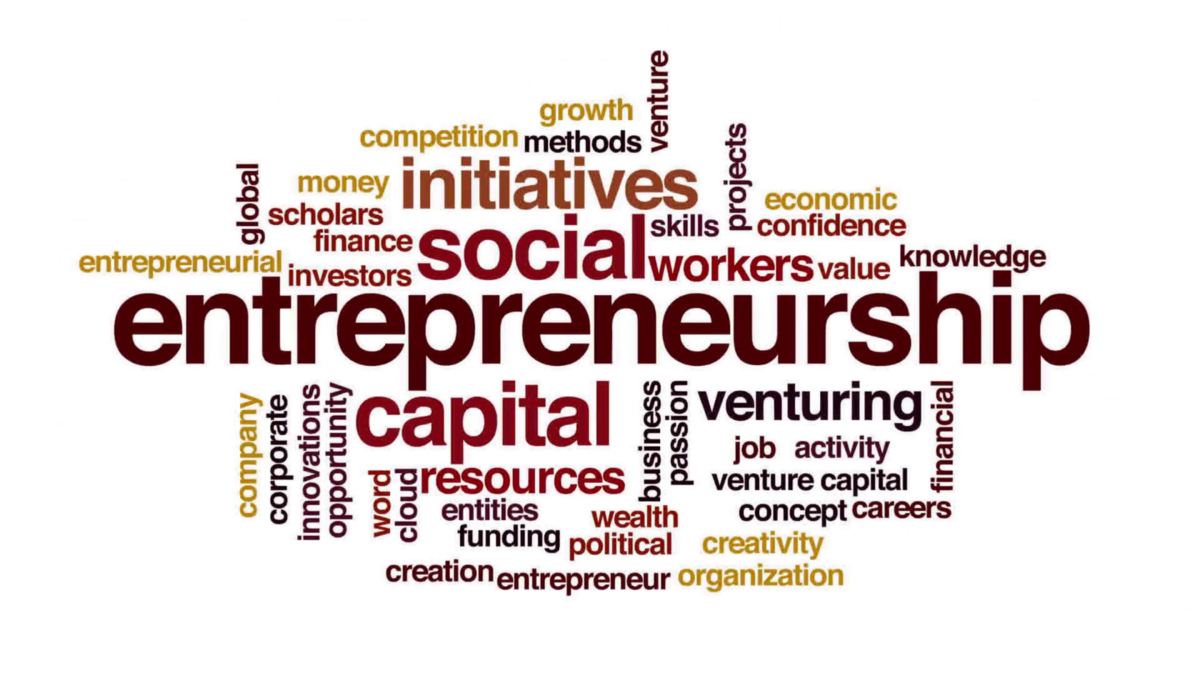For Students
Essential Soft Skills for Students: Unlocking Pathways to Successful Employment
Admin Mar 16, 2024 11:46 AM

TAGS
In today's rapidly evolving job market, possessing technical expertise is not enough to secure employment and excel in one's career. Employers increasingly value candidates who possess a diverse set of soft skills that contribute to effective communication, collaboration, adaptability, and problem-solving. Soft skills are personal attributes that enable individuals to interact harmoniously with others, navigate complex situations, and contribute positively to their work environment. In this essay, we will delve into the key soft skills that students should cultivate to enhance their employability and succeed in their professional endeavors.
- Communication Skills: Effective communication is at the heart of all professional interactions. Employers place a great priority on students who can communicate their ideas clearly, listen intently, and modify their communication style for various audiences. Strong written and verbal communication skills are essential for collaborating with colleagues, conveying information to clients or customers, and presenting ideas persuasively.
- Teamwork and Collaboration: Modern workplaces thrive on collaboration and teamwork. Students who can work effectively in diverse teams, contribute their ideas, and respect the opinions of others are more likely to excel in their careers. Collaborative skills involve open-mindedness, empathy, conflict resolution, and the ability to combine individual strengths for a collective outcome.
- Problem-Solving and Critical Thinking: The ability to analyze complex situations, identify problems, and develop innovative solutions is highly sought after by employers. Critical thinking skills enable students to approach challenges with creativity and rationality, ultimately leading to more informed decision-making and efficient problem resolution.
- Adaptability and Flexibility: The job market is constantly evolving due to technological advancements and changing market dynamics. Students who can adapt to new environments, embrace change, and quickly acquire new skills are better positioned to thrive in dynamic workplaces. Employers value individuals who can navigate uncertainty with a positive attitude and a willingness to learn.
- Time Management and Organization: Time management and organizational skills are crucial for productivity and meeting deadlines. Students who can prioritize tasks, manage their workload effectively, and maintain a structured approach to their responsibilities are more likely to excel in their roles and contribute to a positive work culture.
- Emotional Intelligence: Self-awareness, empathy, and the capacity to effectively control emotions are all parts of emotional intelligence.a Students who understand their own emotions and can navigate interpersonal relationships with sensitivity are better equipped to handle workplace dynamics, collaborate seamlessly, and resolve conflicts constructively.
- Leadership and Influence: Even if not in a formal leadership role, having the ability to influence and inspire others is a valuable skill. Students who take initiative, demonstrate accountability, and lead by example are more likely to stand out and progress in their careers. Leadership skills involve motivating peers, guiding projects, and fostering a sense of unity within a team.
- Networking and Relationship Building: Building professional relationships is key to career growth. Students who can network effectively, establish rapport, and maintain connections can tap into opportunities for mentorship, collaboration, and career advancement. Building a strong network enhances both personal and professional development.
- Creativity and Innovation: Innovation is essential in today's competitive landscape. Students who think creatively, challenge conventions, and propose fresh ideas contribute to organizational growth and competitiveness. Creative problem solvers are often the catalysts for improvements and breakthroughs within a company.
- Conflict Resolution and Negotiation: Conflicts and negotiations are inevitable in any workplace. Students who possess strong conflict resolution and negotiation skills can maintain positive relationships, find common ground, and reach mutually beneficial solutions. These skills are essential for navigating disagreements and fostering a harmonious work environment.
As the job market continues to evolve, employers are increasingly prioritizing candidates who possess a well-rounded set of soft skills. While technical proficiency is undoubtedly important, soft skills are the bridge that allows students to effectively apply their knowledge and interact with colleagues, clients, and stakeholders. Cultivating these essential soft skills during one's educational journey not only enhances employability but also lays the foundation for a successful and fulfilling career. As students recognize the significance of these skills and proactively develop them, they position themselves as valuable assets to prospective employers and create a pathway to professional success.
Search
Latest Blogs

Exploring Opportunities in Emerging Engineering field
Admin
Dec 14, 2024 05:18 PM

Navigating College Majors
Admin
Sep 25, 2024 04:04 PM

Tools for Measuring Strengths For Career
Admin
Sep 25, 2024 03:27 PM
Interested in getting latest updates?
SUBSCRIBE


















